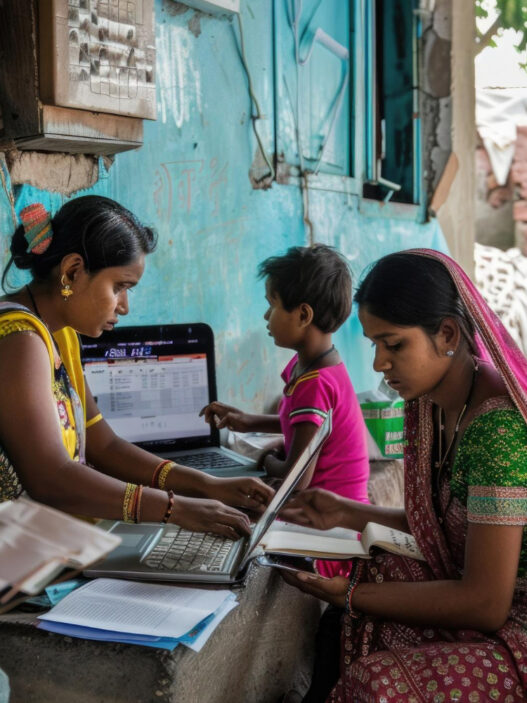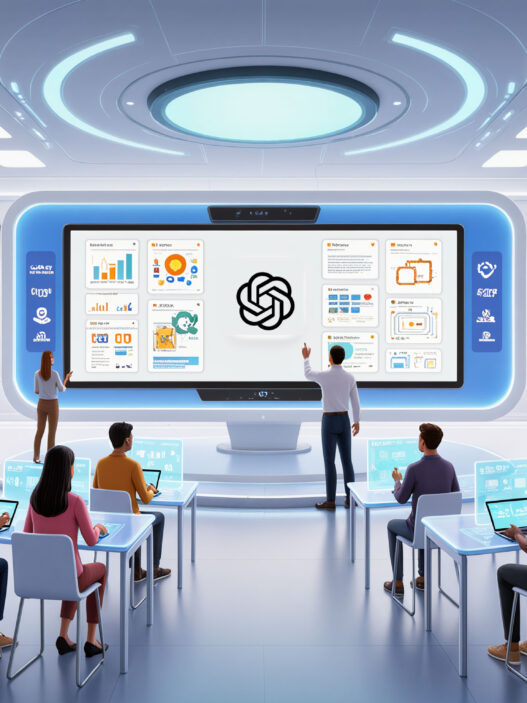It started with a LinkedIn post. Bill Gates wrote:
“When your daughter asks if you’d be willing to work a shift in customer service at her startup, the only right answer is yes.” (as posted on his LinkedIn)
That simple “yes” set the scene. Gates, co‑founder of Microsoft and global philanthropist, tagged in not as an investor or advisor but as a frontline rep. He spent a shift handling customer inquiries at Phia, the AI-driven fashion‑tech startup founded by his daughter Phoebe Gates and Stanford roommate Sophia Kianni (as reported by VnExpress).
His takeaways? Real insight comes from talking to real users. He said he believes the best way to fix or improve any system is to go straight to where it breaks: the people using it (as posted on his LinkedIn).
Why This Is More Than a PR Stunt
This wasn’t about photo ops. Gates deliberately chose not to invest in Phia, explaining any financial backing might have altered the dynamics for Phoebe and her team—stepping from the sidelines, not into the boardroom (reported by The Economic Times).
Instead, he linked customer feedback to product excellence. In the same LinkedIn post, Gates emphasized: “The best products get better with feedback… keep it coming. We read every single one, even the unhinged ones.”
It’s a rare public reminder that leadership isn’t exclusively about strategy, but about presence. Knowing a product’s weak spots means being where those flaws show.
Echoes of “CEO in the Trenches”
Bill’s in‑the‑trenches stint isn’t unique. Dara Khosrowshahi of Uber famously drove delivery routes to understand driver pain points. His experience reshaped internal priorities at Uber (as reported by The Economic Times).
Others, like the co‑founder of Onefinestay, require new hires—senior included—to spend time in frontline roles. The epiphany that follows often reshapes corporate focus and culture (Economic Times).
Phia: Not Just Another Sidekick App
Beyond Gates’s cameo, the startup matters. Launched April 24, 2025, Phia is described by People magazine as “Google Flights for fashion”—an AI app and Chrome extension that scans over 40,000 retail and resale sites. It helps users compare new and secondhand prices instantly via a “Should I Buy This?” button.
Phia also leans into sustainability, helping shoppers find lower-impact, secondhand alternatives. It’s part of a broader push to make fashion smarter, greener, and more budget-friendly—and it’s led by women who’ve made independence a key principle (as noted on Gates’s LinkedIn and in People magazine).
What This Really Means
- Leadership by doing: Gates shows that understanding comes from operating within—not instructing from outside.
- Humility and mentorship: Phoebe and Sophia got access to experienced influence without dependence.
- Customer-led iteration: It’s not enough to build; you must listen, respond, adapt.
- Breaking startup myths: High-profile founders can stay grounded, showing that leaning into feedback loops matters.
As Gates later put it: “You never know who’s on the other end of the customer service line.” (quoted in The Economic Times and People)



















